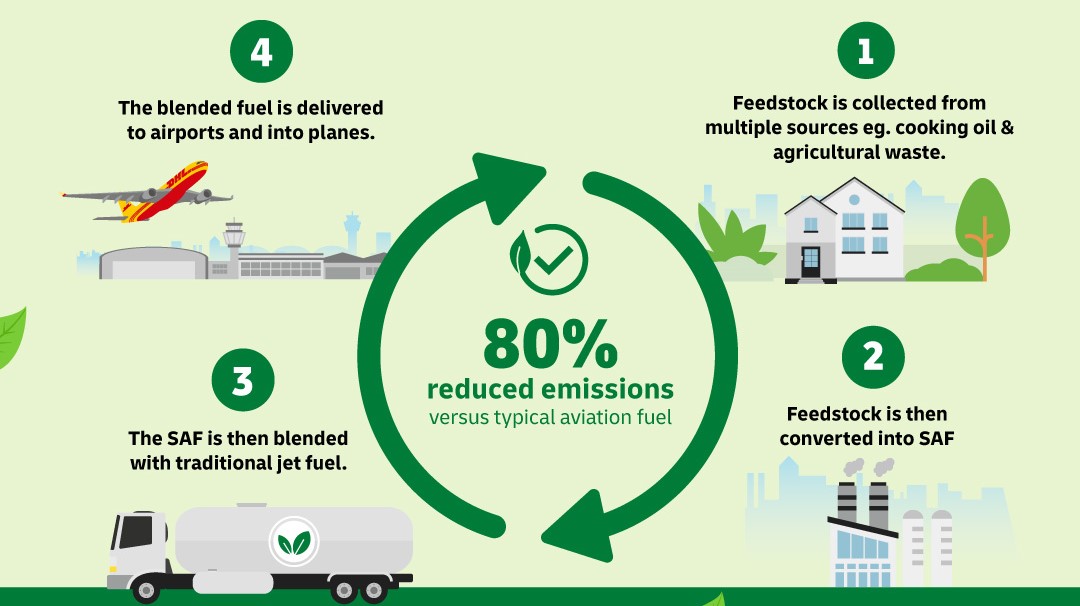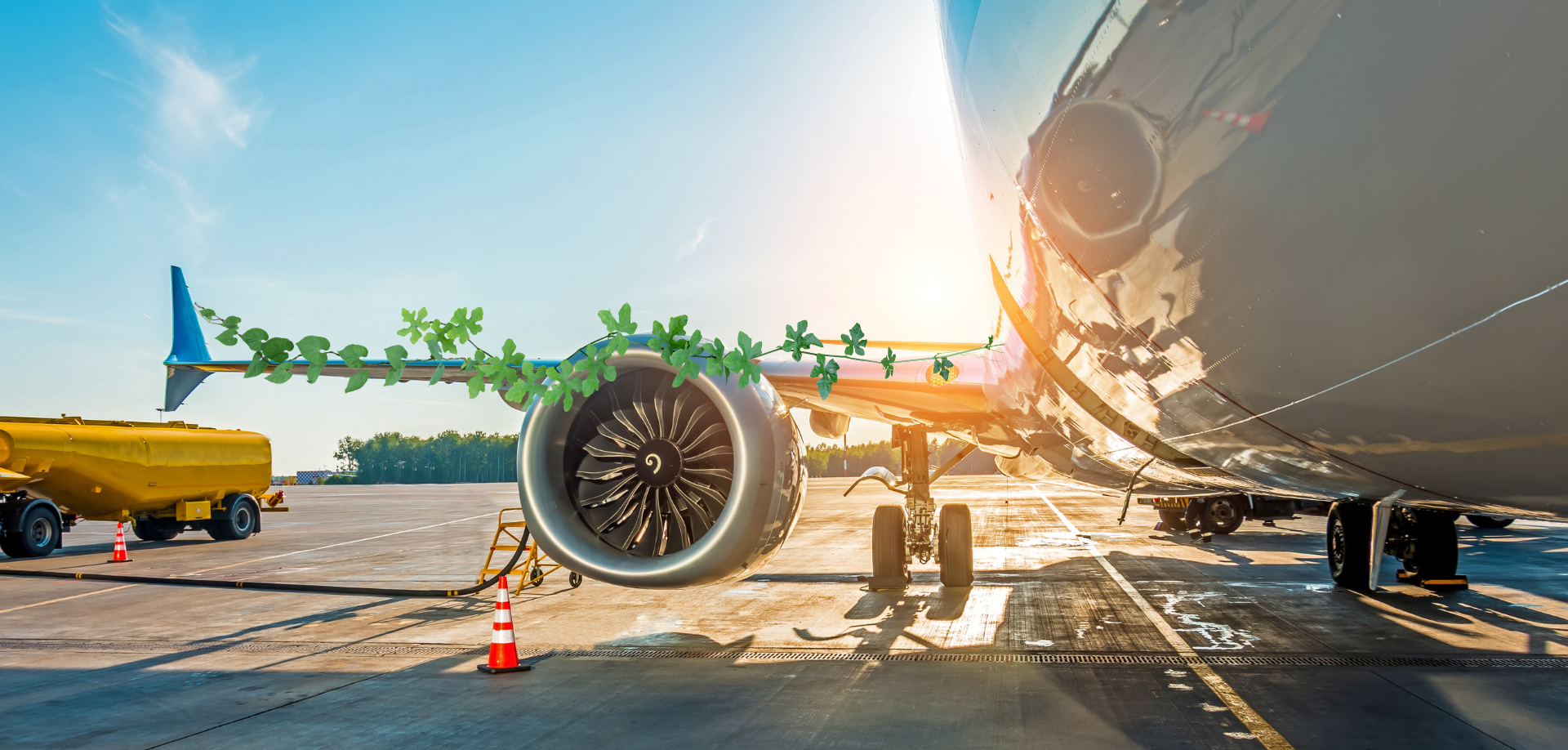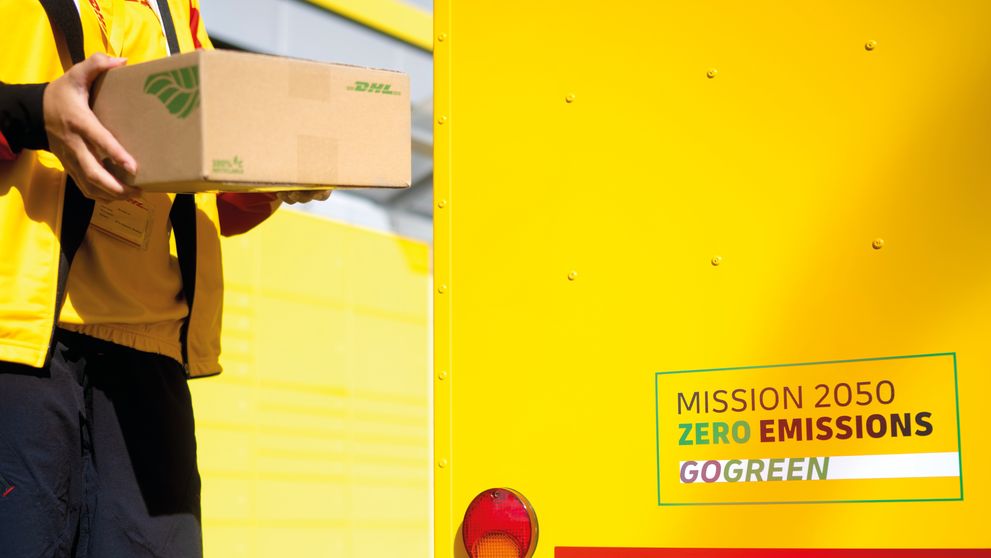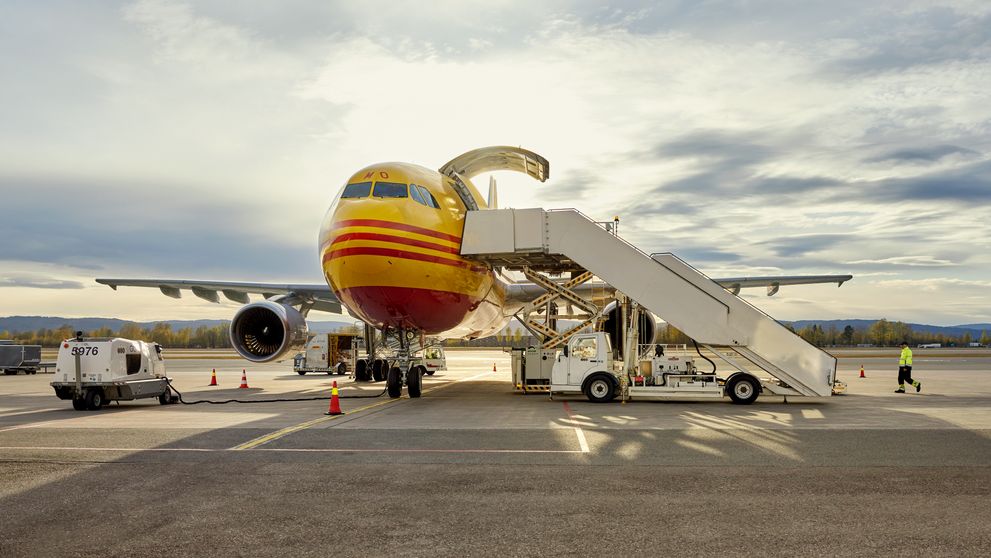【SAF】Adopt Sustainable Aviation Fuel to Achieve Net-Zero Carbon Emissions by 2050
In response to the escalating global climate crisis, Sustainable Aviation Fuel (SAF) has emerged as a key solution for reducing greenhouse gas emissions within the aviation industry. As a significant contributor to greenhouse gas emissions, the industry is undergoing a transformative shift towards more sustainable practices. SAF, derived from renewable resources, offers the potential to reduce lifecycle greenhouse gas emissions by around 80% compared to traditional fossil fuels. This substantial reduction plays a critical role in mitigating global warming and supports the industry's efforts to progressively lower its carbon footprint, moving toward the ambitious target of achieving net-zero GHG emissions by 2050.
What is Sustainable Aviation Fuel (SAF)?
Sustainable Aviation Fuel (SAF) is an alternative to traditional fossil fuels, produced from renewable sources such as waste oils, animal fats, agricultural residues, and crops. For an aviation industry dedicated to sustainable transformation, the adoption of SAF is pivotal in achieving greener air transportation. Beyond reducing reliance on petroleum, SAF significantly lowers carbon dioxide and particulate matter emissions throughout its lifecycle—from production to combustion. Research indicates that SAF can reduce carbon emissions by around 80% during its full lifecycle, making it a crucial component in the industry's pursuit of sustainable aviation¹.

Sustainable Aviation Fuel (SAF) vs Conventional Aviation Fuel
Compared to conventional aviation fuels, Sustainable Aviation Fuel (SAF) offers substantial benefits in several key areas:
- Carbon Footprint: SAF can reduce carbon emissions by around 80% over its lifecycle¹.
- Renewability: SAF is derived from renewable resources and does not depend on finite fossil fuels. Unlike fossil fuels, which are depleting, SAF's feedstocks can be replenished continuously, ensuring a sustainable, long-term fuel supply.
- Air Quality: SAF produces significantly less sulfur and particulate matter during combustion, contributing to better air quality.
- Compatibility: SAF is fully compatible with existing aircraft and aviation infrastructure if blended with conventional aviation fuel, which means it requires no additional investment or modifications. This enables airlines to integrate SAF seamlessly, facilitating the industry's transition to sustainable aviation without the need for expensive upgrades.
Sustainable Aviation Fuel Helps Reduce the Environmental Impacts of the Aviation Industry
As the aviation industry expands, its carbon emissions are a growing concern. Aviation currently accounts for about 2-3% of global anthropogenic carbon emissions², and this share is expected to continue to rise in the future. To combat global warming and prevent further climate change, many airlines have pledged to significantly reduce their carbon emissions over the next few decades. The use of Sustainable Aviation Fuel (SAF) is regarded as a pivotal measure in achieving the industry's ambitious target of net-zero emissions by 2050.

Benefits to Businesses of Adopting Sustainable Aviation Fuel
For corporations, the adoption of Sustainable Aviation Fuel (SAF) helps to:
- Reduce carbon footprint: SAF can significantly reduce the carbon footprint of company’s aviation logistics and help companies meet their environmental goals.
- Promote more sustainable economic development: The expansion of the SAF industry stimulates the development of related sectors, such as bioenergy and chemical engineering, creating new business opportunities and jobs. This contributes to broader sustainable economic growth and strengthens renewable energy industries.
- Enhance the corporate image: By embracing SAF and demonstrating their commitment to environmental protection, companies can elevate their brand image, attract more environmentally conscious consumers, and gain a competitive edge in the marketplace.
GoGreen Plus Facilitates Seamless Sustainable Transformation for Enterprises
DHL Express GoGreen Plus is a carbon-insetting solution that provides companies with an easy-to-use, emission reduced shipping solution. Insetting is intended to reduce carbon emissions directly associated with a business' operations down the supply chain.
With GoGreen Plus, companies can reduce greenhouse gas emissions associated with shipments by using sustainable aviation fuel (SAF) instead of traditional fuel for aircraft to respond to global consumer expectations of corporate environmental responsibility.
How to Fly Sustainably with DHL?
Personal shippers can select the GoGreen Plus service on MyDHL+, DHL’s one-stop courier pickup and delivery tracking platform. This option allows users to reduce 50% of CO2e associated with their international shipments (carbon insetting).
Corporate shippers can opt for a GoGreen Plus basic contract, with 10% to 70% carbon reduction depending on the business needs. The contract includes an annually validated certificate by the independent auditing firm Société Générale de Surveillance (SGS) which audits and verifies both the emission reduction value of the purchased SAF on an annual basis, and whether the investments have been used exclusively for SAF.





















